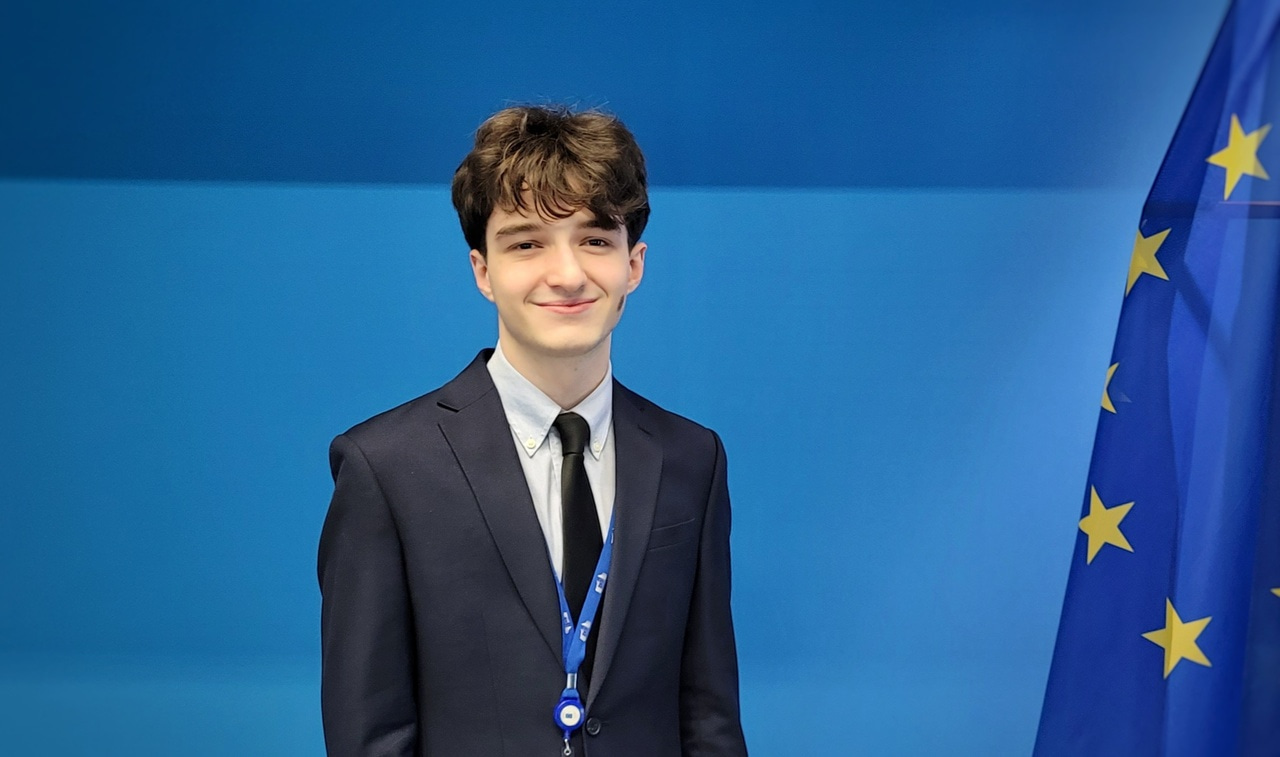Reflections on my atypical traineeship at the European Commission (LiA)

When I boarded a train to Brussels, I was unsure what to expect from my LiA placement for the summer. As someone of European descent who was raised outside of the continent, the European Union always appeared as a monolithic institution, a machine of complex hierarchies, procedures, and policymaking. Thus, I was sure that my five weeks at the Directorate-General for International Partnerships (DG-INTPA) would be, at the very least, an opportunity to reconnect with European politics. However, in the end, it yielded much more than what I could have foreseen.
During my first days at the European Quarter, I was bombarded with unfamiliarity. My unit (INTPA.C2) focused on developmental projects in South Asia, a region to which I had only limited exposure throughout my academic journey. Hence, I made sure to read up on the news and history of the countries I would be working with as soon as I arrived. There was also an issue of language, and I do not mean the French occasionally spoken in the office. International development officers use a plethora of bureaucratic acronyms and jargon, jokingly referred to as “EU Speak,” on the daily. Thankfully, after a couple of days of incomprehensible meetings, I had QRMs, MIPs, NDICI, GSP, CS3D, and so many other terms imprinted on my mind. Overall, my first week was more like study than work, which, in retrospect, I am thankful for because it made the remainder of my time there much easier.
The scope of my work was broad in both subject matter and modality. Upon the request of my colleagues, I synthesized research on everything from carbon dioxide removals in Laos to conditionalities on EU tariff exemptions to inform newly-graduated LDC countries, like Bhutan. Two of my biggest tasks were summarizing EU projects in India (chiefly in green energy and interconnectivity) for a Global Gateway brochure and compiling data on Bangladesh and Nepal for internal-usage country fiches. The breadth of topics was also evident from the stakeholders I met during meetings: I took minutes, produced readouts, and even occasionally contributed to more meetings than I can remember. This independent research informed key stakeholders and contributed to strategic decisions. That is, my worked was taken into account in the formulation of projects that affected thousands, if not millions, of people in the region through investments in sustainable energy and other economic benefits.
The European Council, where I enjoyed many meetings of the Asia-Oceania Working Party (COASI), provided massive exposure to the functioning of the Commission, DG-INTPA, and various stakeholders. To the massive exposure to the functioning of the Commission, DG-INTPA, and so many different stakeholders, I must thank my colleagues, particularly Sib and Libuse, for being so patient with me. Everyone in the office was invested in my learning experience because, the way they see it, today’s trainees are tomorrow’s officers. Therefore, most were quite eager to assist when requested, keeping their doors open, and were readily available to converse and include me in tasks if I sought it. I found that when people are truly passionate about what they do, they will gladly teach you a thing or two about it. Perhaps, in hopes you will follow a similar career one day.
After weeks at DG-INTPA, that is precisely where I found myself: considering a career in international development. The office always felt like a purpose-driven environment where everyone understood the positive effects of their work, which I believe makes one’s work more satisfying in the long run. This is not to say that the actions of development agencies are not politically driven: in fact, the European Union often denies development aid to countries in need due to political misalignment. There are rarely any altruists in the world of international affairs; development aid is soft power. Global Gateway, the European Union’s development investment strategy, is a device to counteract China’s Belt and Road Initiative through more transparent transactions and ethical conditionalities. Thus, even though the motivations may not always be the noblest, the results certainly are, bringing necessary investments to further the 2030 agenda and aiding millions across the globe.
Sib was particularly helpful in these career-oriented reflections, suggesting internships, running me through the EU Blue Book application process, and giving his insights as someone who started in the private sector. In conclusion, working at the European Commission at an undergraduate level is an opportunity that few had, and I am glad that my LiA project enabled me to do so. During my time in Brussels, I gained valuable insights into the potential of a career in the public sector. Additionally, this experience broadened my perspective on life and deepened my commitment to making a meaningful impact through my work. My special thanks go to Sib, Libuse, Sophia, and Audrey for accompanying me through this journey.
Throughout my traineeship, I learned a lot about leadership and the kind of leader I aspire to be. Observing my colleagues, especially Sib and Libuse, I realized the importance of being approachable, patient, and passionate about one’s work. Their willingness to mentor and guide me has inspired me to adopt a similar approach in my future leadership roles. I aim to be a leader who is not only knowledgeable but also supportive and encouraging, fostering an environment where team members feel valued and motivated to contribute their best.
Please sign in
If you are a registered user on Laidlaw Scholars Network, please sign in